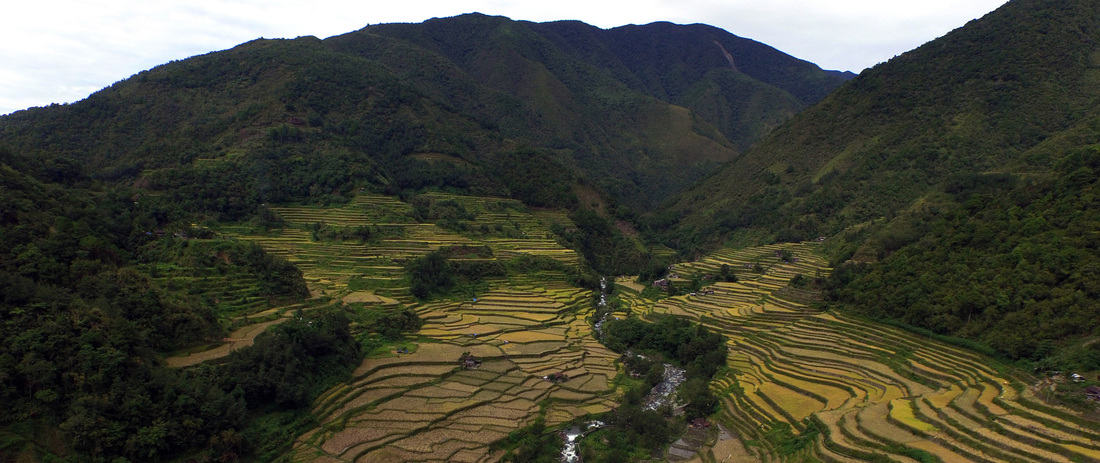2016 NSF REU-IAP Application Form |
Program Information
The REU program goal is to provide undergraduate students in anthropology and related fields an opportunity to participate in ongoing active research in Ifugao, Philippines that focuses on the impacts of Spanish colonialism on indigenous populations. The program provides a venue for students to examine anthropological issues that include relationship between agricultural and irrigation systems, pathways to intensification, organizational entailments of irrigation systems and effects of colonialism on local political and economic activities. Such work informs discussion on the theoretical foundations of studies of agricultural systems and social organization by applying the model of self-organizing systems and provides an historico-ecological approach in the study of emergent complexity. More importantly, the Ifugao Archaeological Project (IAP) has actively engaged the community, though the participation of the Save the Ifugao Terraces Movement, Inc. (SITMo) and descendant communities. Such continued engagement of stakeholders provides students with the opportunity to experience working side-by-side with community members.
|
Research Background |
The Ifugao Rice Terraces are UNESCO World Heritage monuments that attest to the ingenuity and communitarian management of Cordilleran people of Luzon in the Philippines. Once thought to be over 2,000 years old, our recent work has demonstrated that the upland rice field systems in the region were responses to the social and political pressure from intrusive Spanish colonization into the region starting at c. AD 1600. Shortly after the arrival of the Spanish in the northern Philippines, we see the emergence and rapid expansion of wet-rice cultivation in the highlands. The shallow time-depth of the origins of the highland agricultural terraces provides interesting questions for anthropologists, particularly on the impacts of colonialism to populations who did not have direct and/or intense interaction with the colonizing power. This research program aims to provide another dimension in the study of Spanish colonialism, as this is the first intensive research program that looks at Spanish colonialism in Asia. Our work contributes to anthropology and archaeology by investigating the economic and political options available to indigenous peoples impacted by powerful colonial forces. The project emphasizes the observation that indigenous minorities were not passive spectators during the colonization process.
The program is designed for sophomore or junior anthropology (or related fields) students. Selected students should have at least one more year remaining in their undergraduate program. Women, underrepresented minorities, and students from colleges and universities without significant research opportunities are encouraged to apply. Applicants are expected to have a GPA of 3.0 or higher, at least 18 years old, and must be citizens or permanent residents of the US. We are currently accepting applications for summer 2016. Applications are due February 1, 2016. Prospective students should download and complete the REU-IAP Application. Applicants must also provide a resume, a personal statement (500 words max), two letters of recommendation and a copy of their official transcripts. Contact Information NSF REU-IAP Application Dr. Stephen Acabado Department of Anthropology University of California, Los Angeles Los Angeles, CA 90095 OR EMAIL: [email protected]; [email protected] |
Deadlines |
February 1
Application deadline. Applications must be postmarked by this date to be considered. Late application will be considered if there is space available. March 5 Acceptance notifications sent. |
Download Letter of Reference Form |
| ||||||
Download Application Form |
| ||||||



